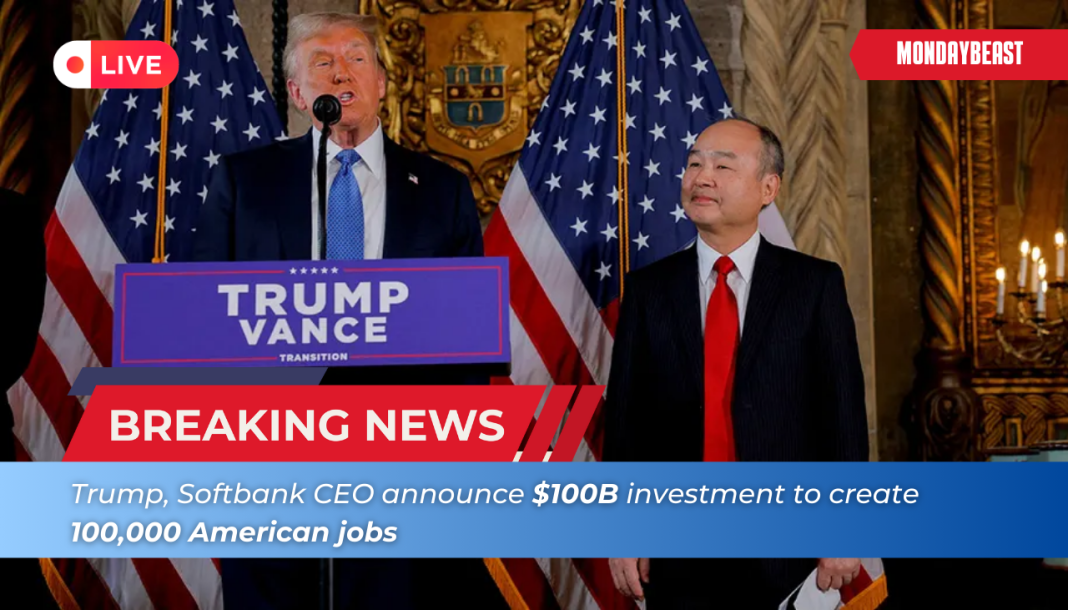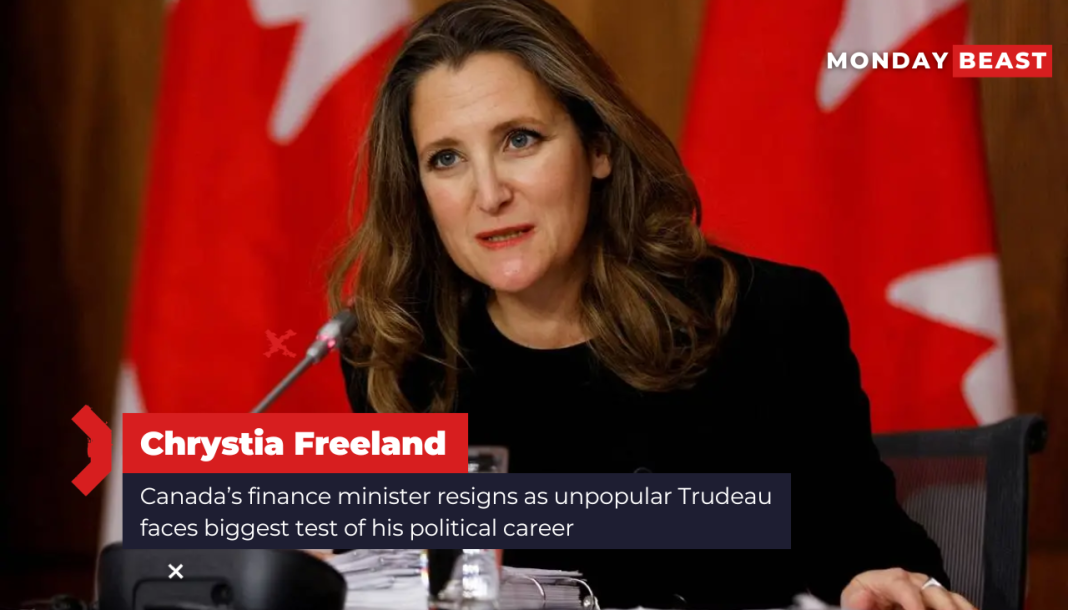In a stunning announcement that could reshape the American economy, President-elect Donald Trump and SoftBank CEO Masayoshi Son revealed a monumental $100 billion investment aimed at creating 100,000 jobs. This news hit the airwaves like a lightning bolt. As Trump spoke from Mar-a-Lago, he painted a vivid picture of hope. ‘This is a monumental demonstration of confidence in America’s future,’ he declared, his voice resonating with optimism for a nation navigating uncertain waters.
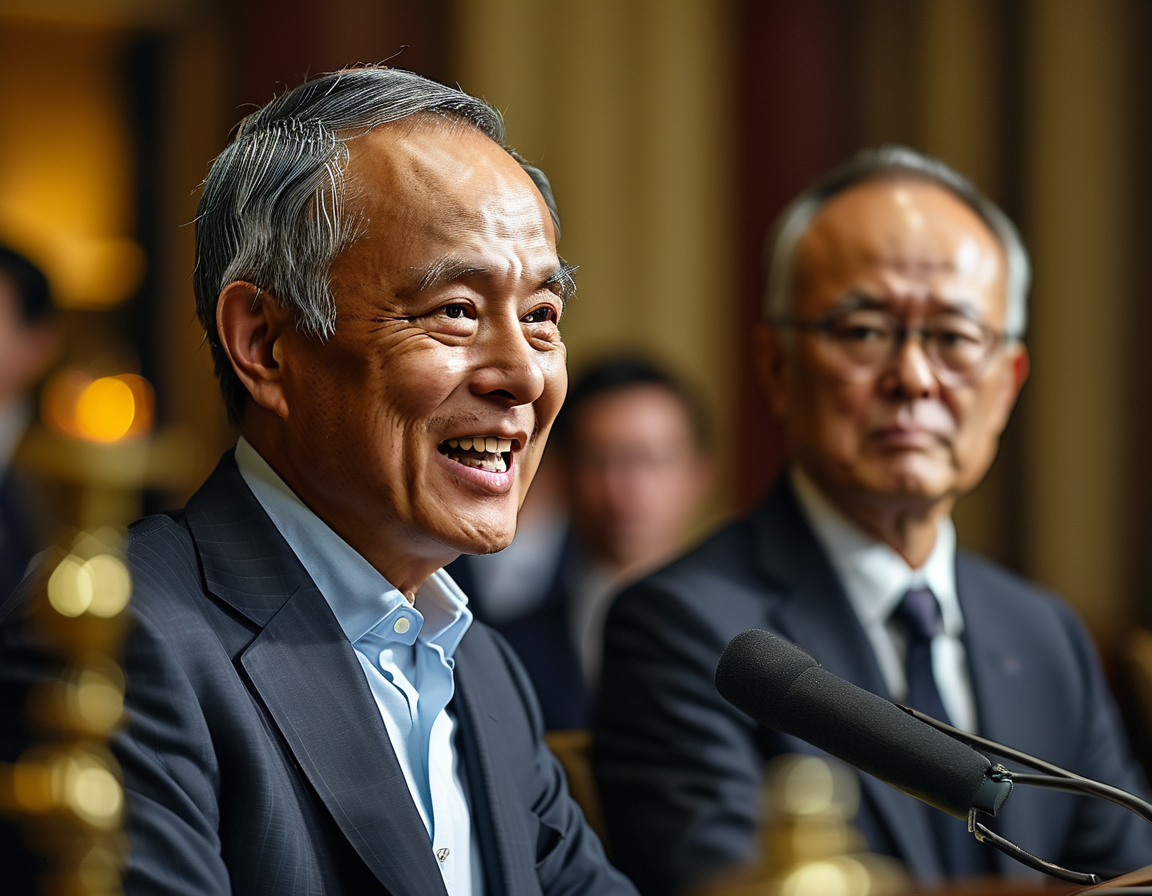
But what does this really mean for everyday Americans? On the one hand, the prospect of so many new jobs sounds like music to our ears. We often wonder—can such bold commitments actually materialize? With Trump’s administration promising a resurgence in manufacturing, many are skeptical. Yet, this investment is bringing renewed energy to conversations about innovation and technology.
Critical thinkers might recall the promises made during past campaigns. It’s not uncommon for leaders to express grand visions that often fade away. So, what makes this different? Trump’s administration touts this as part of the ‘Trump effect,’ a phrase gaining traction among supporters like Karoline Leavitt. She remarked that this plan is a significant win for Trump, adding a layer of urgency while tapping into the aspirations of many.
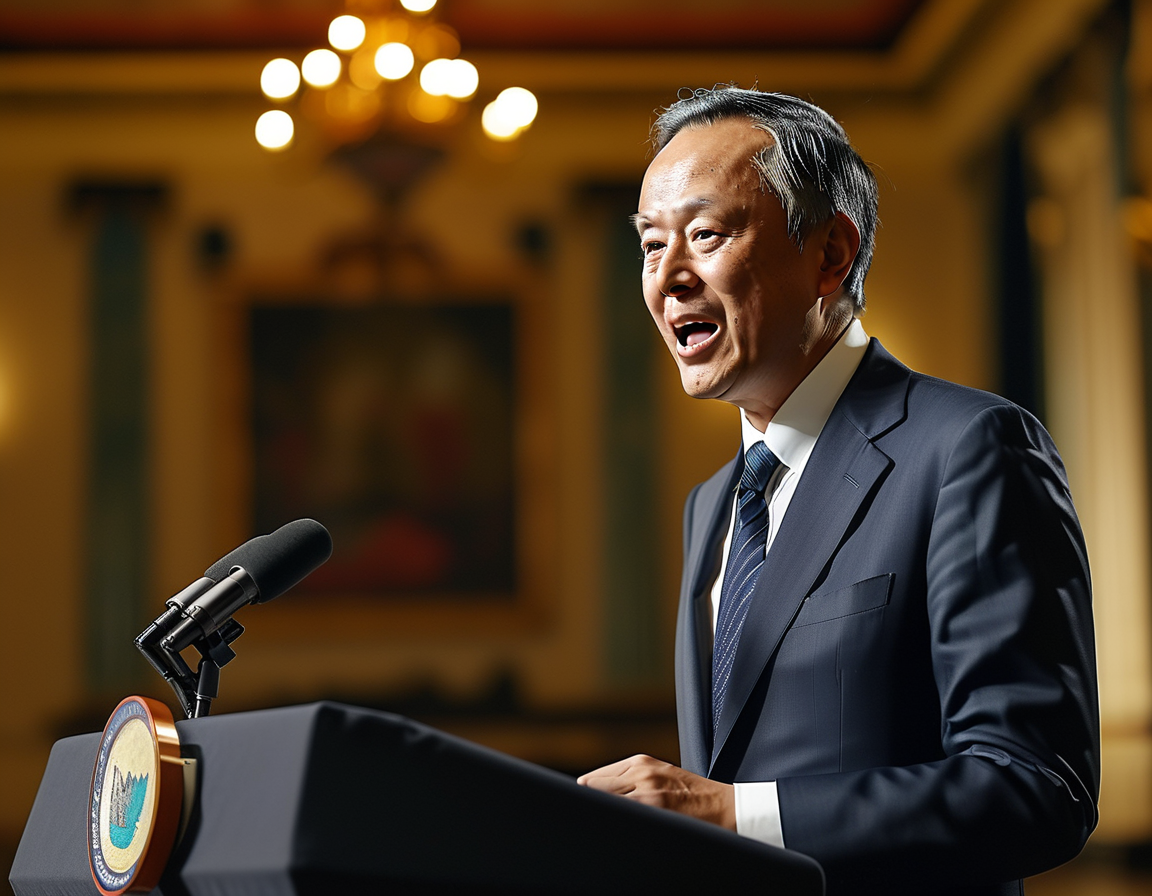
So, who is Masayoshi Son? As the head of one of Japan’s largest companies, he brings a wealth of experience. He exudes excitement about his new venture. Son stated, ‘I would really like to celebrate the great victory of President Trump.’ This is a CEO whose confidence seems to wear off. Does this mean that other global leaders are also eyeing the American market?
While Son’s enthusiasm is palpable, remember the context. SoftBank has a history of sizeable investments, but also some blunders—cue the downfall of companies like WeWork. Critics may ponder whether this immense financial commitment reflects sound judgment or reckless optimism. It’s a double-edged sword.
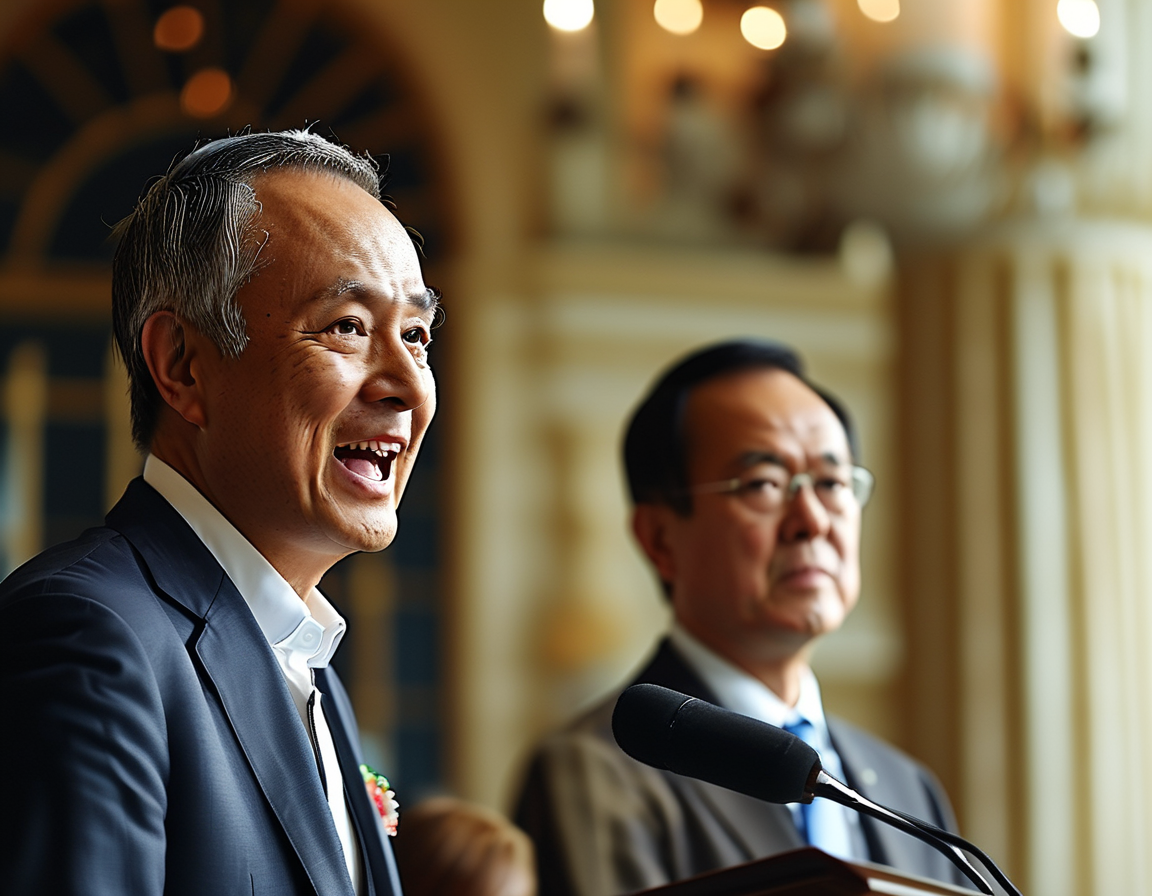
Furthermore, there are murmurs around whether SoftBank can actually fulfill this financial promise. With approximately $30 billion in cash, some may wonder, how will they mobilize the remaining funds? Trump’s administration asserts that these investments will be completed before he finishes his term in 2029. That timeline brings with it a sense of urgency. It also raises questions about whether this will spur accountability in how these commitments are handled.
The landscape of artificial intelligence and emerging technologies is shifting dramatically. Son has stated that computers may soon achieve human-like cognitive abilities. While such predictions can sound far-fetched, consider the precedence of exponential tech growth. Many of us can recall when smartphones began altering our everyday communications. The impending boom in AI development may soon rival those early technological leaps.
Still, each of us must ponder: how will these developments affect our jobs? It might be easy to picture a landscape filled with endless opportunities. Yet, lurking beneath that optimism is genuine concern. Will automation render some roles obsolete? New possibilities shouldn’t blind us to potential drawbacks.
As we digest this news, there’s a blend of hope and skepticism in the air. The larger narrative feels reminiscent of past ventures—filled with promise yet tinted with uncertainty. How will this monumental plan play out? For now, we wait, hopeful but cautious, eager to see if this spark will ignite a brighter future for American workers.

